
China
21:27, 24-Feb-2018
No more advantages for expertise students, says China's Ministry of Education
CGTN
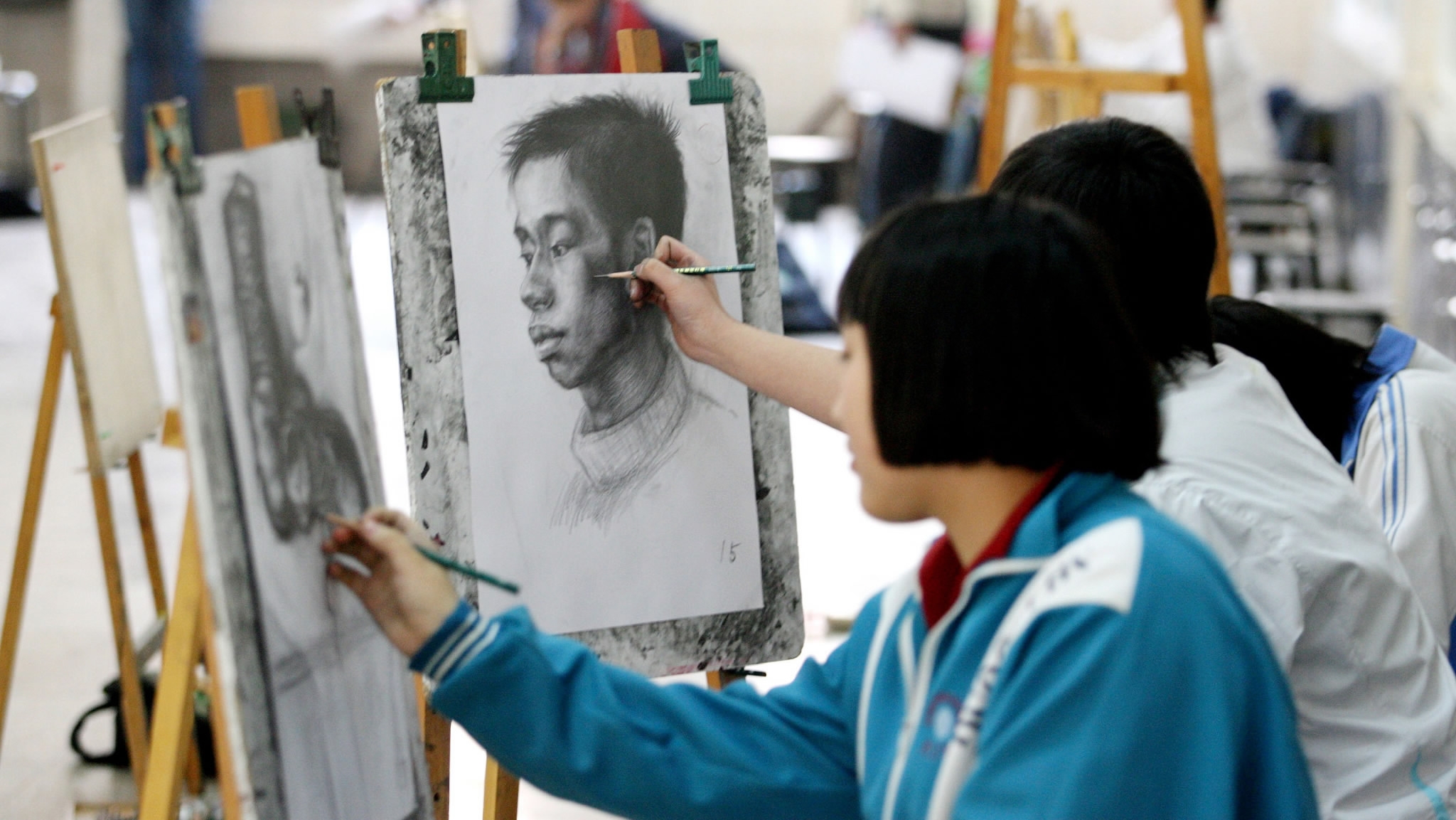
China’s Ministry of Education on Friday issued a notice requiring primary and middle schools to stop lowering academic performance standards when recruiting students with a specialty by the end of 2020.
In China, the term "expertise students" refers to those who are supposed to be superior to ordinary students in certain aspects like sports and arts. As a supplement to the entrance examination system, the recruitment of these students provides an opportunity for them to “break the grid,” or cultivate their interests and gifts.
Differing from other students, expertise students get extra points when taking admission tests. Some may even get exemptions from schools which requires high scores in order to qualify for enrollment. These practices have led some to believe that it's unfair to other students, as they are still taking the same tests, but not everyone starts with the same advantages.
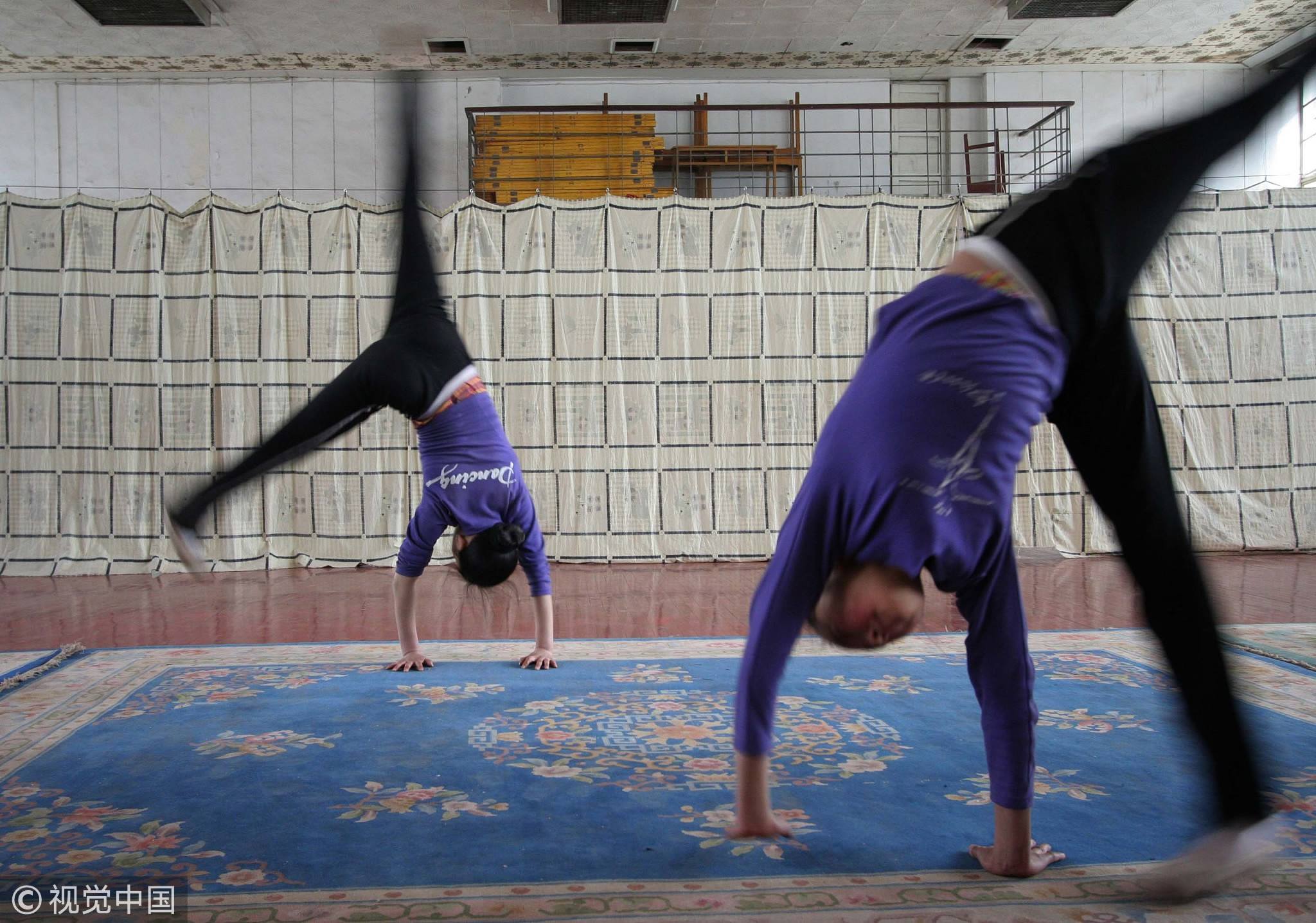
VCG Photo
VCG Photo
However, with demands for fairness in education reform, this shortcut for students has been cut short.
In January 2014, the State Council required the points or marks awarded to expertise students to be stopped by 2015. They also mandated that by 2016, the proportion of expertise students recruited by schools approved by provincial educational departments should be reduced to less than five percent.
With many schools giving these students preferential treatment, many have claimed that the system is being exploited. The "game of power" has been called out by the media, which may have contributed to the new move by the Ministry of Education.
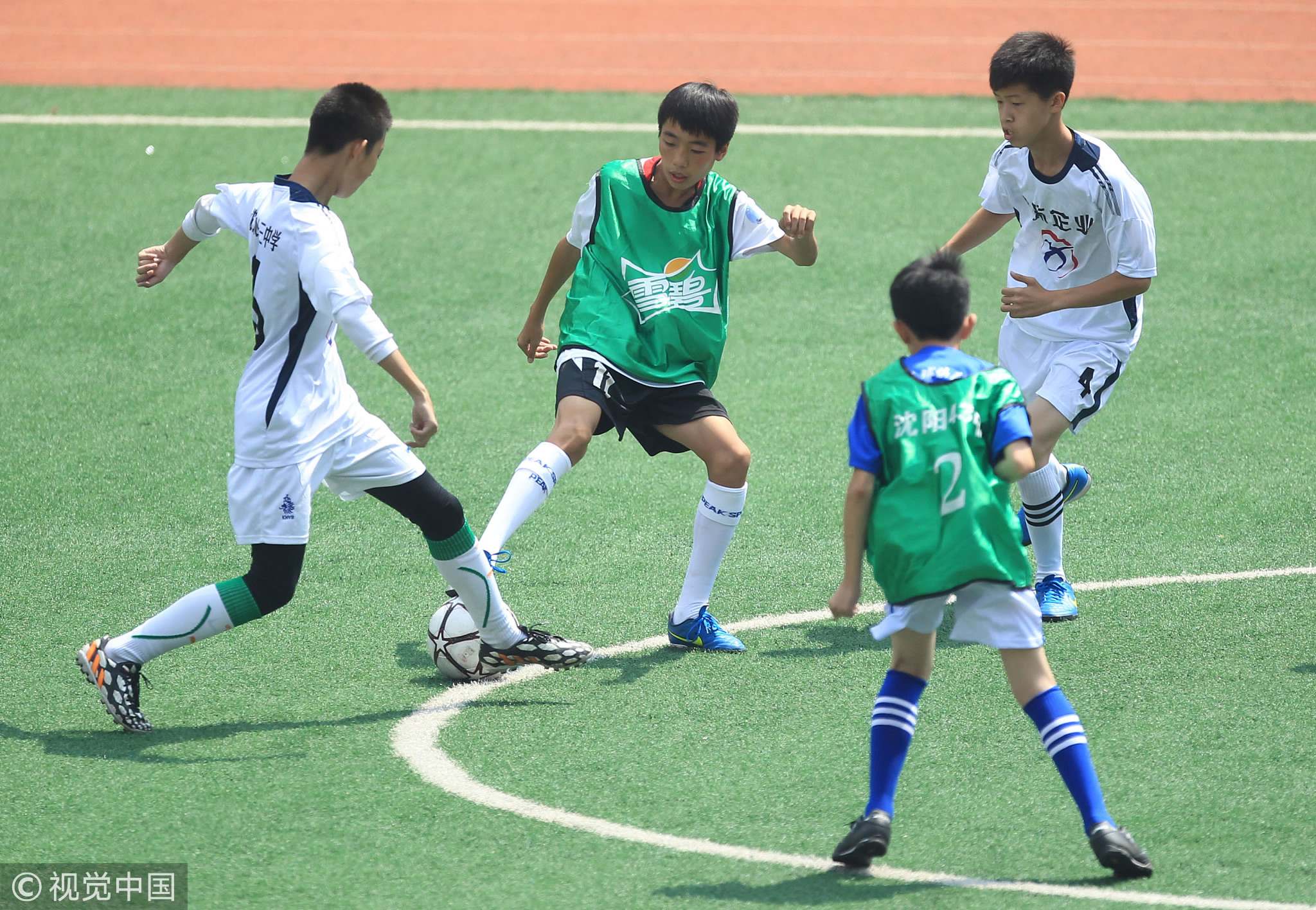
VCG Photo
VCG Photo
In 2009, 13 candidates from Shaoxing No.1 High School who took part in the navigation model competition to get bonus points are reported to be the kids of school principals and teachers.
In 2017, a middle school sports teacher in east China’s Shandong Province took advantage of his position to apply for national athlete’s certificate for 11 students, taking bribes totaling 440, 000 yuan (about 69,480 US dollars).
“When the equity of the opportunity cannot be defended, good intentions of the enrollment system are damaged,” State-run media Guangming Online wrote in a commentary piece on Saturday.
“It’s also unfair for the children in rural areas who have little chance to get extra training for extracurricular projects,” another article by eastday.com added.
Although the measure has been hailed by many students and parents for bringing fairness back to the system, others argue that it could potentially stifle personalities.
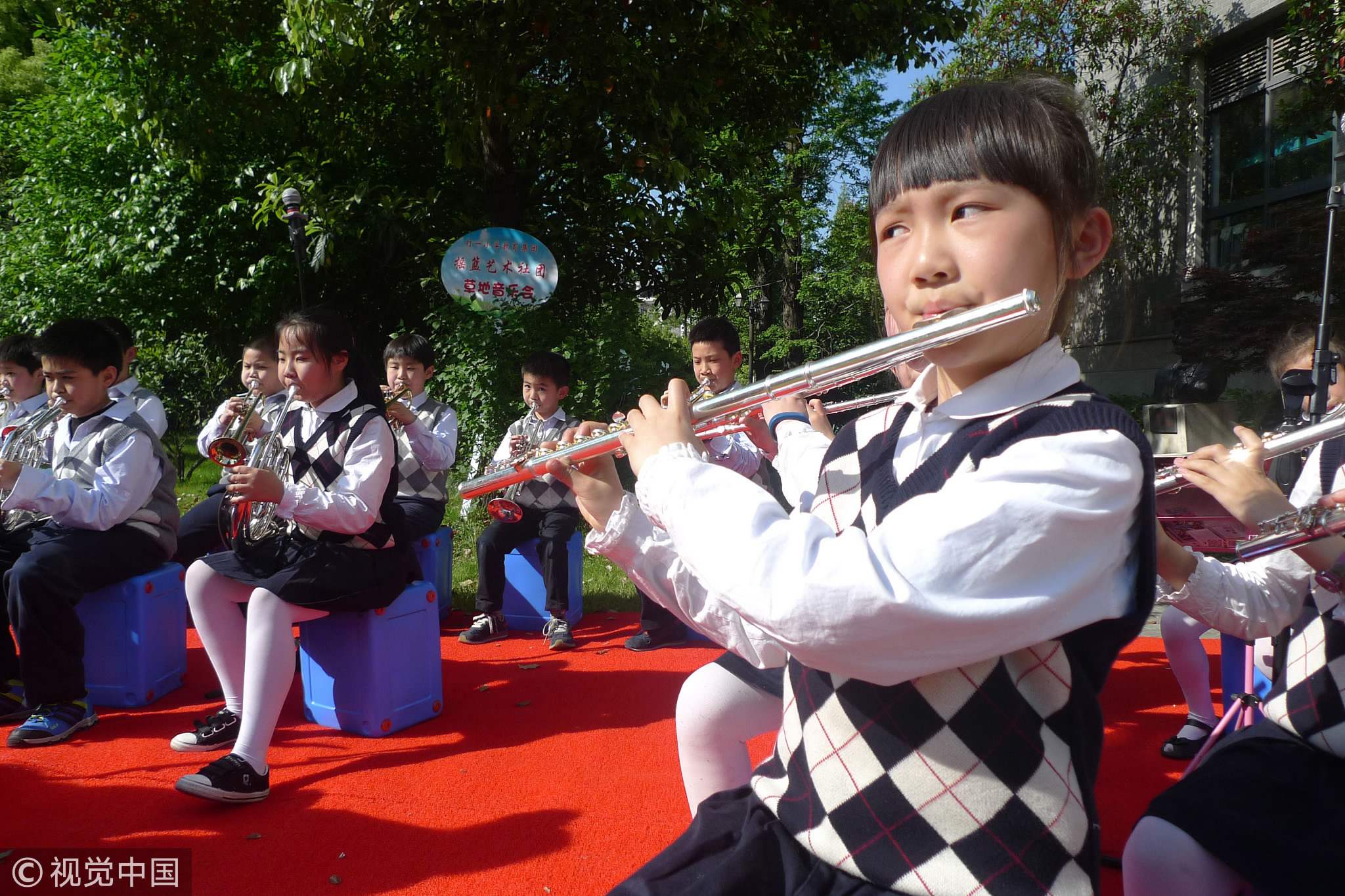
VCG Photo
VCG Photo
On China’s Twitter-like social platform Weibo, user @Huohuohuoliang mentioned that parents could lean too far into the academic parts of learning, and devalue the arts or sports in the process. “If there is no extra chance, parents would consider it useless to learn these specialties and don’t encourage students to 'waste' time.”
Another user @Huanxiyangyang wrote, “I’m a junior middle school student good at running. Feel frustrated to hear this news.”
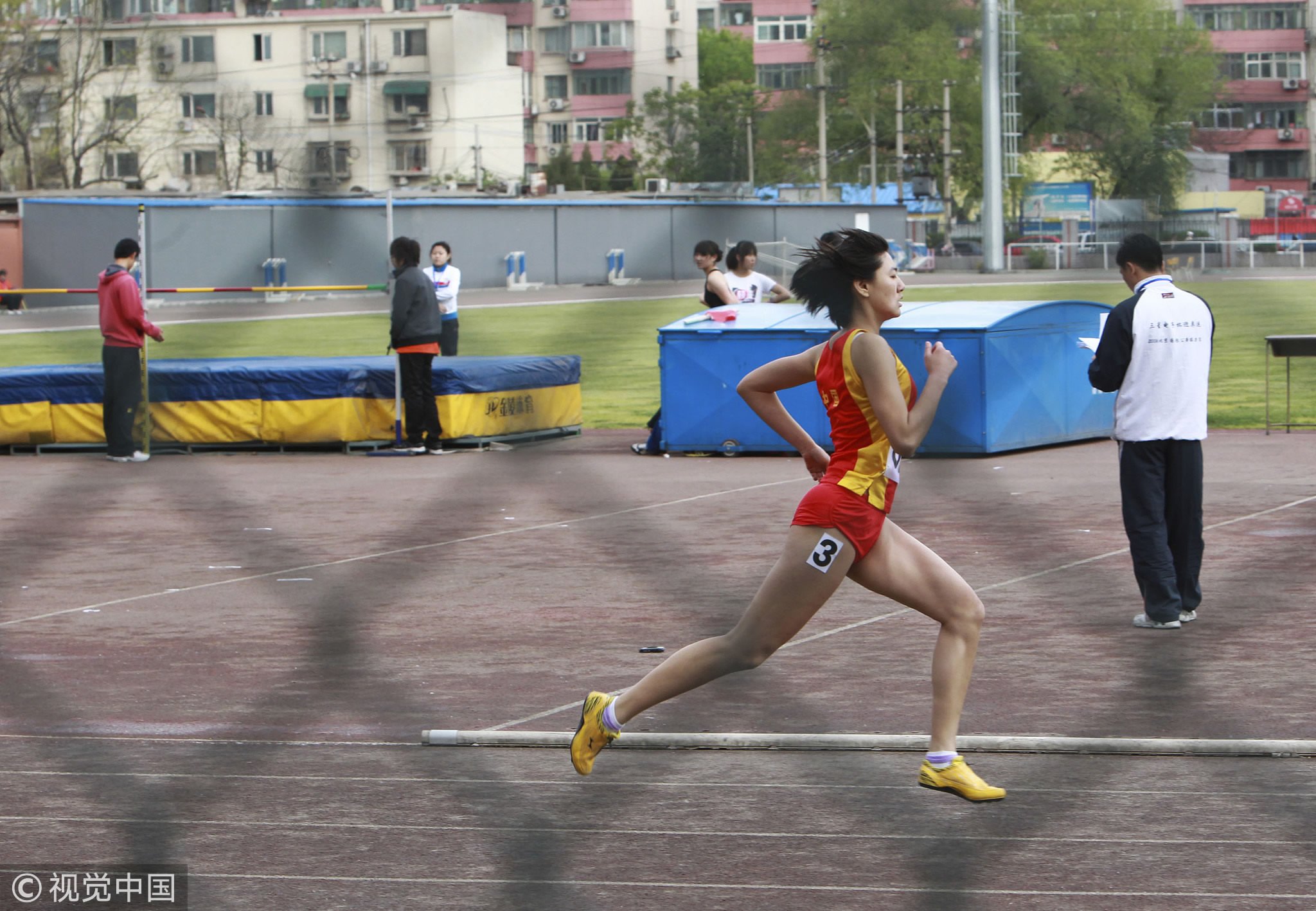
VCG Photo
VCG Photo
According to the notice, students' development should be realized in two ways.
First, private schools are encouraged to offer more choices for students to cultivate their expertise. Second, public schools have greater latitude to attach more importance to the training and evaluation of students’ comprehensive abilities like sports, art and technology.
“Education must face modernization, the world, and the future,” Chinese leader and reformer Deng Xiaoping once said. China still has a long way to go before its education reform reaches satisfactory levels. The new measure sheds light on the reforms in progress and more reforms to come.

SITEMAP
Copyright © 2018 CGTN. Beijing ICP prepared NO.16065310-3
Copyright © 2018 CGTN. Beijing ICP prepared NO.16065310-3